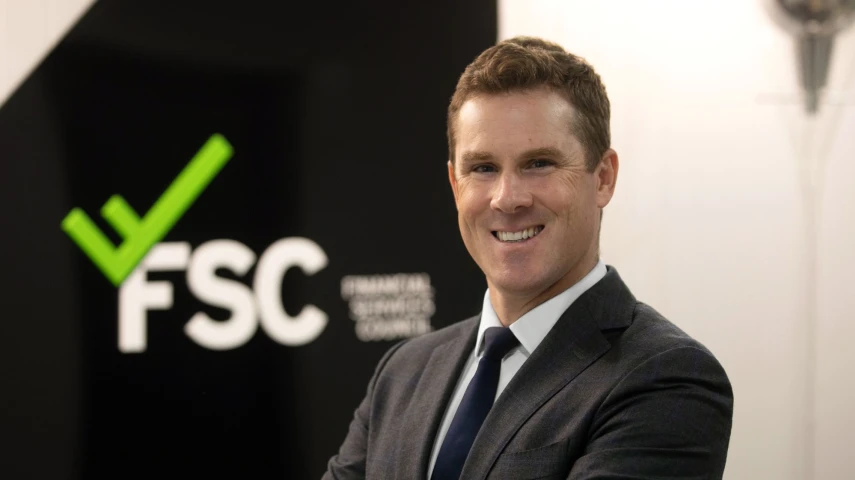Advice advocacy and the ‘alphabet soup’ of associations



Acknowledging there has been “alphabet soup in the association land”, the Financial Services Council (FSC) explains how meaningful engagement between various industry groups has brought the advice debate to where it is today.
Appearing on a Netwealth podcast with its chief executive Matt Heine, FSC chief executive Blake Briggs reflects on numerous developments in the last few years within the financial services industry.
This includes the merger of the Financial Planning Association of Australia (FPA) and Association of Financial Advisers (AFA) in February this year to create the Financial Advice Association Australia (FAAA), representing over 9,500 advisers or more than half of the advisers in the country.
“There has been alphabet soup out there in the association land, and we’re the first to recognise that,” Briggs said.
“I think we are seeing a much-needed rationalisation of the different voices in that space and I applaud the FPA and the AFA for coming together. I think that was a fantastic move and the new entity, the advice association, is very good to work with.”
However, he also flagged the potential for further industry body mergers moving forward.
Briggs said: “I think there needs to be probably a bit more consolidation across the industry, but regardless of how long that takes and whether or not it’s achieved the priority, and this is what we’ve been working very well at, is making sure that we’re aligned even though we may have different groups and associations.
“Making sure we’re saying the same things to Canberra and making sure that all those areas of common interest are identified and prosecuted really clearly.”
He cited the example of the Joint Association Working Group (JAWG) which includes organisations like the AFA, FPA, FSC, the Advisers Association (TAA), and the SMSF Association (SMSFA), among others.
“You have groups like the slightly awkwardly known as JAWG, which brings together, I think, half a dozen different advice associations and we do a lot of work behind the scenes to make sure that we’re saying the same thing.
“We’re working together constructively and the government can’t pick off individual groups to try to get what it wants. And that’s why the advice debate is where it is now because we’ve been able to work together so well over the last 12 to 18 months.”
The executive also discussed the way forward for the Quality of Advice Review (QAR), where draft legislation is expected to be released ‘within weeks’, as confirmed by the Minister for Financial Services, Stephen Jones, at an event in association with the FSC and FAAA at the end of September.
Briggs noted the government has realistically taken Michelle Levy’s report on board.
“They have adopted by and large a lot of it as government policy on that multiple phase process, and I think there’s a lot of reason for optimism that they will deliver at least large chunks of what they’ve committed,” he said.
“Now it’s the job of organisations like mine to hold them to account to make sure that they live up to their commitments. Now that it is approved cabinet policy, we’ve got a lot to work with. There will be challenges – we have regional tension, we have wars in new Ukraine, we have inflation, we have rising interest rates, and that will cause other priorities to cut across financial advice.
“But I do expect there will be steady progress in terms of policy design, getting legislation into parliament, getting bipartisan support for it, and then getting it through both houses and becoming the law.”
Recommended for you
A financial advice firm has been penalised $11 million in the Federal Court for providing ‘cookie cutter advice’ to its clients and breaching conflicted remuneration rules.
Insignia Financial has experienced total quarterly net outflows of $1.8 billion as a result of client rebalancing, while its multi-asset flows halved from the prior quarter.
Prime Financial is looking to shed its “sleeping giant” reputation with larger M&A transactions going forward, having agreed to acquire research firm Lincoln Indicators.
An affiliate of Pinnacle Investment Management has expanded its reach with a London office as the fund manager seeks to grow its overseas distribution into the UK and Europe.
















The FSC is a pure lobby group for product providers and the big banks. Their involvement in JAWG discredits the other members of JAWG.